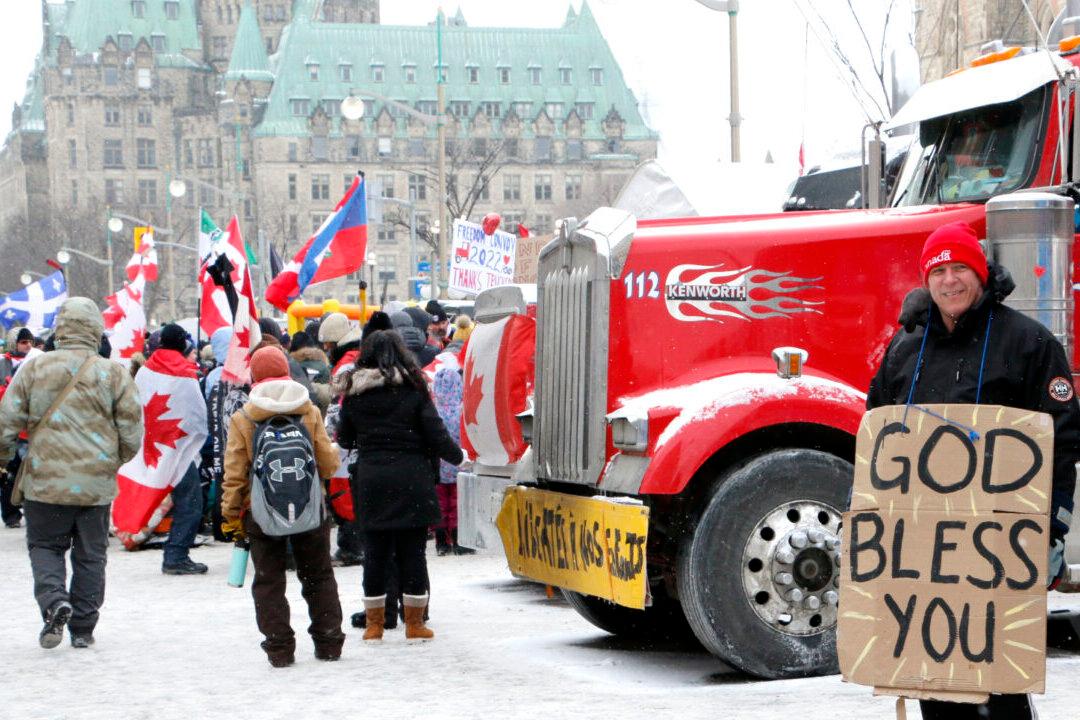On the fifth day of the criminal trial of Freedom Convoy organizers Chris Barber and Tamara Lich, the defence lawyer attempted to block Ottawa residents and business owners from testifying, arguing that their perspectives were not “legally relevant” to the case and that the Crown should not file impact statements in the middle of a trial.
“There is absolutely no need to call these nine witnesses,” Ms. Lich’s lawyer Lawrence Greenspon said to the judge on Sept. 11.





